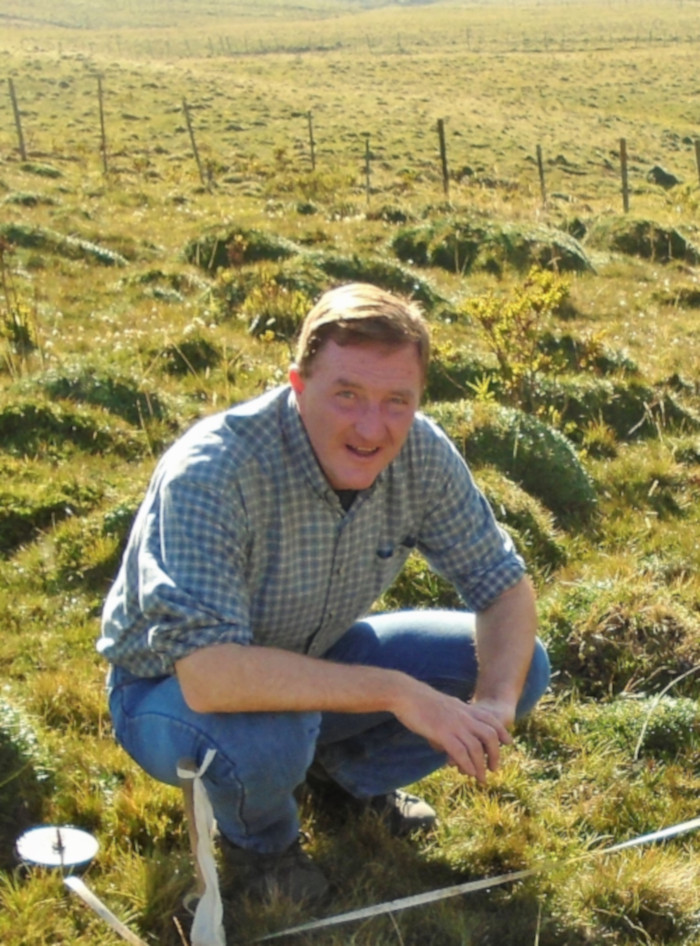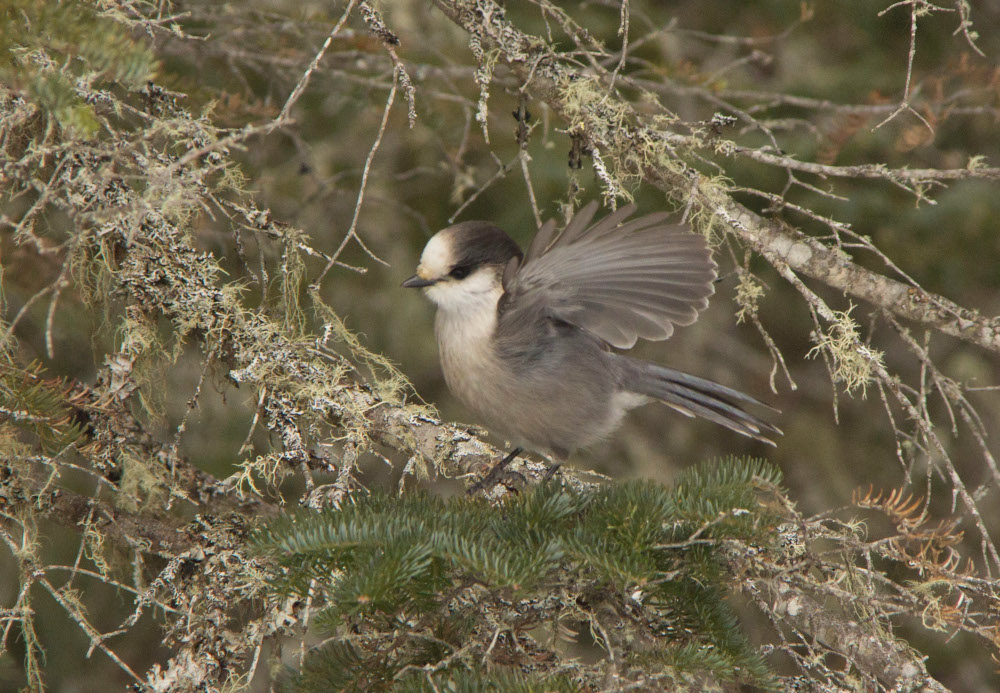State of emergency will benefit Ontario’s wildlife, Lakehead professor says
By Brandon Walker
A Lakehead University professor believes Ontario Premier Doug Ford’s decision to extend the state of emergency until May 12 will be beneficial for wildlife and the environment.

Dr. Brian McLaren, associate professor in Natural Resources Management, said the month of May is a sensitive time for animals. “Birds are returning to their breeding territories, turtles and other wildlife are making their nests to lay eggs or raise their young in, and the final snowmelt is sending surges into our streams that launch the new season for the aquatic ecosystem.”
Dr. McLaren said there are several reasons the state of emergency will help animals.
“Having fewer cars out means fewer roadkill mortalities for the new parents and the dispersing juveniles,” he said. “Having fewer people out and their dogs and cats closer to home mean less disturbance to our forests, grasslands and waterways and less stress to the breeding populations.”
He believes animals that have adapted to living in cities will benefit the most.
“In Northern Ontario, we host many of the migrating warblers that will find new sanctuaries in our urban areas and provincial parks,” Dr. McLaren said. “These include some threatened species like the Canada warbler, which bears our country's name around the world.
“The nesting success of all of those migrants from central and south America should be much higher this year, especially in urban areas and crowded southern Ontario provincial parks.”
This shutdown not only keeps cars and people at home, it also gives animals some much needed quiet time.
“Animals born last year are eager to disperse to find their own territories, their own mates. To do this in, shall I say privacy, is a nice change due to the restrictions on us,” he said.
Fish will also benefit, Dr. McLaren said.
“People fish with a vengeance and love their trophies. That is why at best we use slot restrictions, one fish above a certain length,” he said.
“These bigger fish are contributors to the future generation some 10 to 10,000 times what the smaller fish contribute. So, if we practice catch and release of the big ones, we're doing well. I hope we all will make this change if we go out this year to do some fishing.”
From an environmental perspective, Dr. McLaren said the world be much better off if companies allowed more employees to work from home.
“Please do your part now for society by staying home safe and put some thought into the future for the environment.”


